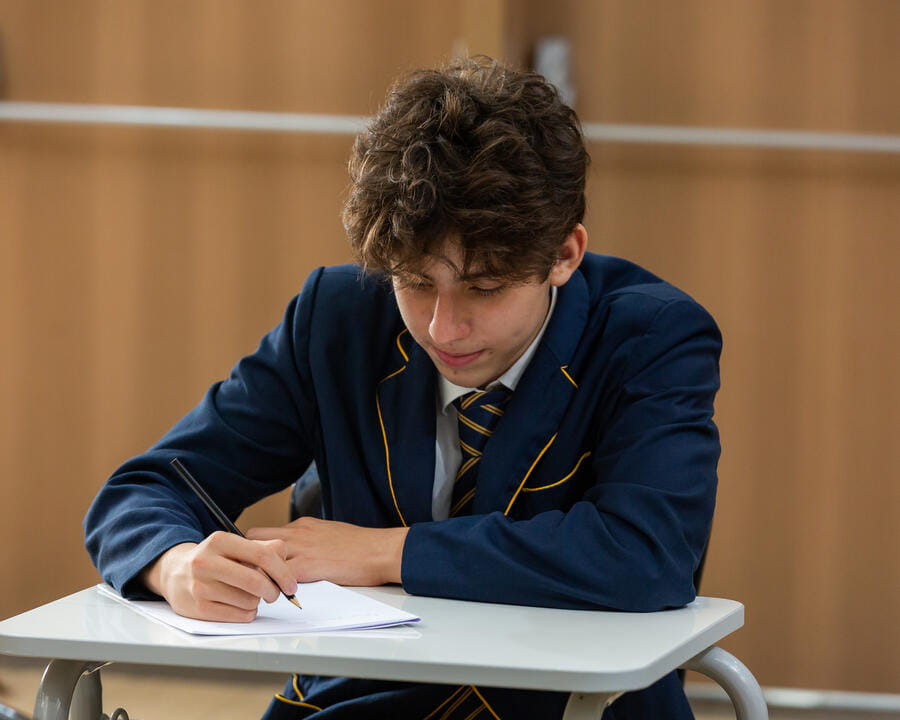The United Nations Sustainable Development Goals
On Monday 16th November, the World Bank (an international financial institution that aims for a world free from poverty), published a blog about the 2020 Atlas of SDGs.
https://blogs.worldbank.org/opendata/2020-atlas-sustainable-development-goals-stories-and-insights-through-innovative-visuals
On Monday 16th November, the World Bank (an international financial institution that aims for a world free from poverty), published a blog about the 2020 Atlas of SDGs.
https://blogs.worldbank.org/opendata/2020-atlas-sustainable-development-goals-stories-and-insights-through-innovative-visuals
I was thrilled to explore this because, as any BCB student who studies Geography can tell you, I am constantly making links to the phenomenal work that the United Nations is doing to build a more sustainable future for everyone on our planet.
To join in with the Global Challenge and interact with other Nord Anglia students from all over the world, BCB students of all ages can log in to the Nord Anglia Global Campus with their BCB account by clicking “Log on with Office 365”. By selecting the “Social Impact” tab, students will be able to access a whole range of fun activities during and after this hybrid learning experience.
This ‘2020 Atlus’ brings the Sustainable Development Goals to life in a way that I couldn’t have possibly imagined until now.
https://datatopics.worldbank.org/sdgatlas/
The interactive storytelling will undoubtedly help to improve the way that I introduce the topic of sustainability to my Year 7s; the topic of development to my Year 8s; the topic of globalisation to my Year 9s; and SDGs as a whole in the Geography IBDP course. Before BCB breaks up for the Christmas holidays, I look forward to teaching about the progress made towards meeting the SDGs to my Year 13 students, as well as the completion of my wall display in Room 83 of the Secondary Building.

My life was easy as a child. I grew up in a Middle Class household in South East London. I had a fantastic home; loving parents; interesting friends; and inspiring teachers. I will always be grateful for that, however when you’re a child, it is easy to take things for granted. I remember my mother always used to use a common phrase at the dinner table whenever my siblings or I ever left any unwanted food on our plates: “Think about the starving children in Africa”. Although this is obviously a hyperbolic statement - as forms of starvation and people going hungry can happen in even the wealthiest societies in the world - back then I didn’t know what my mother meant. One day I was shown a VHS recording of the benefit concert ‘Live Aid’, which was a benefit rock concert held in the summer of 1985. Organised by Bob Geldof, the aim was to raise funds for the relief of the Ethiopian famine. “What’s a famine?”. These are the global issues that are so crucial to discuss with children today so that they don’t lose sight of what’s important in life.

https://www.youtube.com/watch?v=lkbP5OPQhdQ
The United Nations introduced the Sustainable Development Goals (SDGs) at the Conference on Sustainable Development in Rio de Janeiro in 2012. The objective was simple: “To produce a set of universal goals that meet the urgent environmental, political and economic challenges facing our world”.
From 2015 until 2030, all 195 countries in the world today will strive to end hunger; achieve full gender equality; improve health services; and get every child into school beyond primary. These are basic necessities that anyone can easily overlook and mistake for thinking that we can’t contribute at the individual level. If you would like to learn more about what you can do from home to make a difference, please click the link below.
https://www.un.org/sustainabledevelopment/takeaction/
No one deserves to get left behind. If we all work together, we can achieve a more sustainable, safer, and more prosperous future for all humanity.









